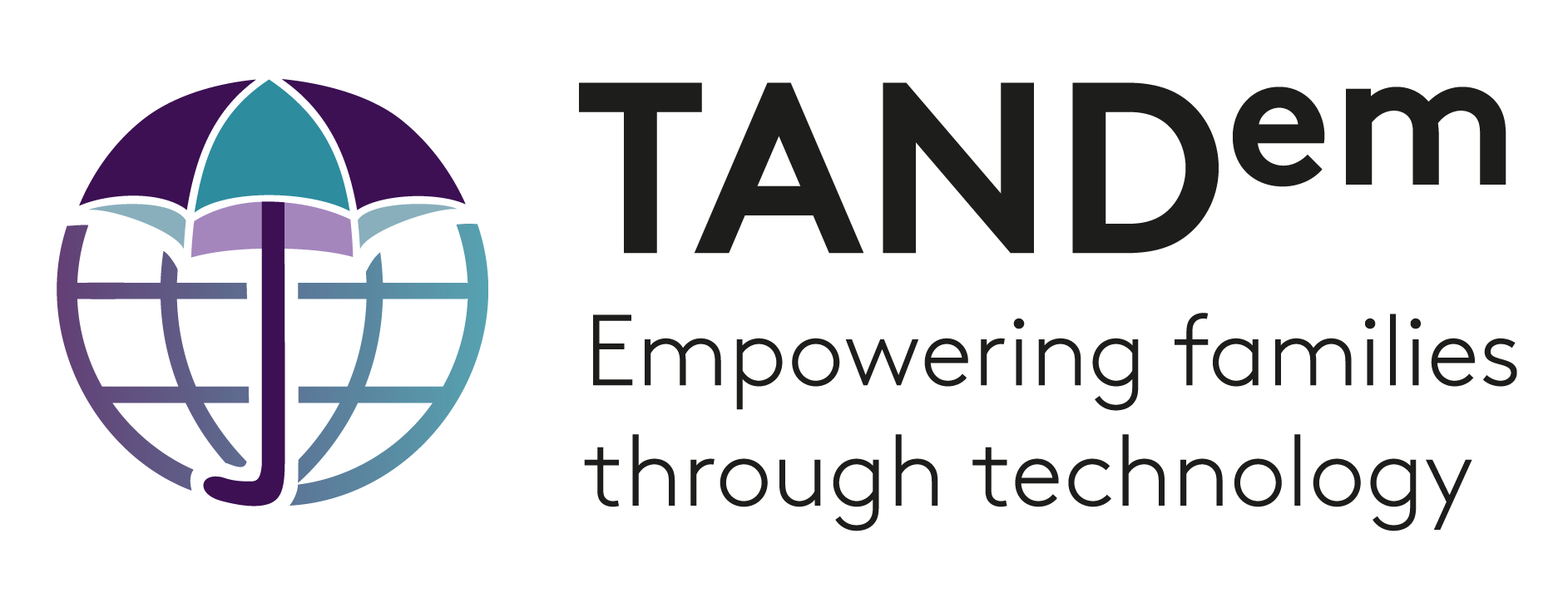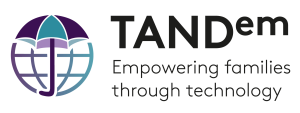Eat/Sleep Cluster
Home > TAND Clusters > Eat/Sleep > What to seek > Sleep
Sleep
Poor sleep is common in TSC. This can include difficulty falling asleep, maintaining sleep, waking throughout the night, or waking too early. All of these can have a significant impact on quality of life. Epilepsy, low mood, and side effects of medication may all affect sleep. Here are ideas on ‘What to seek’ for sleeping difficulties.
Sleeping disorder diagnosis
In the first instance, you may suspect a sleep disorder, such as insomnia, sleep apnoea, or daytime sleepiness. A sleep disorder is diagnosed according to criteria outlined in the American Academy of Sleep Medicine International Classification of Sleep Disorders (ICSD). This diagnosis requires a specialist assessment by a healthcare professional, and may require an overnight stay in a sleep clinic. There are a number of sleep charities and organisations that provide additional information on sleep disorder diagnoses and classifications. Consult your doctor or healthcare provider if poor sleep is significantly impacting daily living and well-being.
Melatonin
Sleep aids or supplements can be used to promote sleep. Melatonin is the sleep hormone released naturally by the body in response to darkness to make us feel sleepy at night. Synthetic melatonin (known by the brand name Circadin) can be taken to mimic what natural melatonin does – promoting sleepiness. Availability of synthetic melatonin varies country to country. In the UK, Circadin is only available on prescription, whereas over the counter melatonin is available to buy as a dietary supplement in the USA.
Given the interaction between synthetic melatonin and risk of seizures, you should always consult a doctor or medical professional about melatonin use and dose. There is very little information about the long-term consequences of prolonged melatonin use – always consult a medical professional and seek professional advice.
Melatonin: What You Need to Know
[nccih.nih.gov]
Mental health
There is a clear relationship between poor sleep and mental health. Not sleeping well can affect daytime mood and behaviour, making us more irritable, less sociable, and less productive at work or school. Mental health conditions, such as anxiety and depression can also affect sleep. If poor sleep is negatively affecting mood, quality of life and well-being, seek medical advice and treatment from your doctor or healthcare provider.
How to Cope With Sleep Problems
[mind.org.uk]
Age specific strategies
There is a lot of information available online concerning sleep hygiene and bedroom routines, which can be relevant to individuals with TSC. It is important to note that there are age related changes in how much sleep is needed across the lifespan. Sleep can also be variable as a result of epilepsy, medication use and additional health needs that are specific to TSC. Click below for targeted ‘What to Seek’ information according to age.







